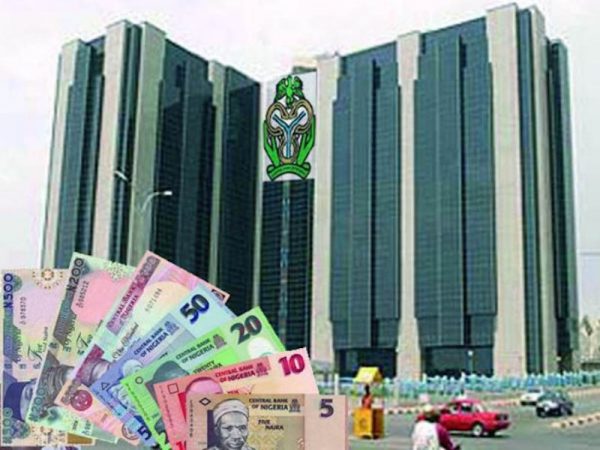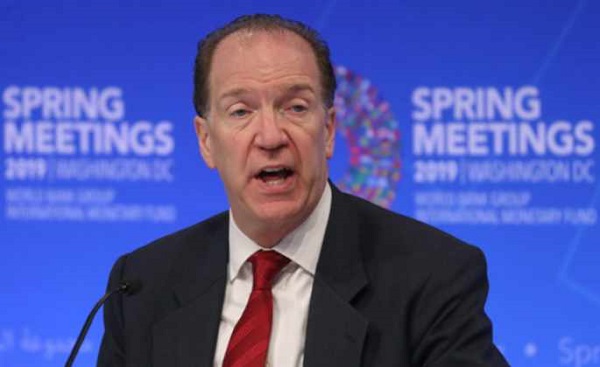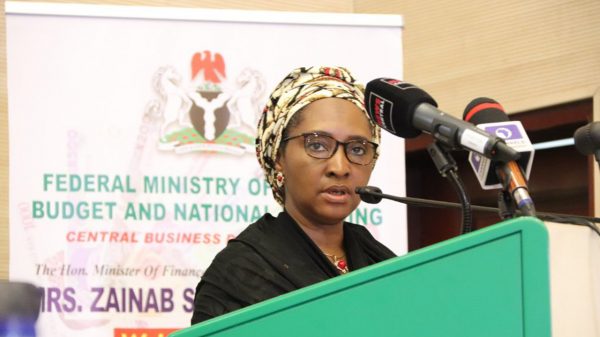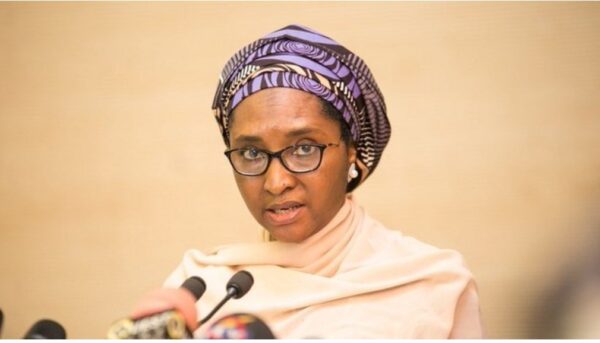MPC urged to maintain status quo amid inflation, weak economy
 As the Monetary Policy Committee (MPC) meets, experts have called on the Central Bank of Nigeria (CBN) to keep monetary policy rates at current values while strengthening intervention initiatives in critical sectors of the economy.
As the Monetary Policy Committee (MPC) meets, experts have called on the Central Bank of Nigeria (CBN) to keep monetary policy rates at current values while strengthening intervention initiatives in critical sectors of the economy.
According to experts, maintaining the status quo and strengthening intervention initiatives would be the most expedient decision to take given the prevailing economic condition in the country.
Specifically, a Professor of Capital Market at the Nasarawa State University, Keffi, Uche Uwaleke said against the backdrop of elevated inflation at 17.75 per cent, a reduction in MPR or other policy parameters, though persuasive, will only worsen forex pressure despite recent attempts to unify exchange rates, and exacerbate the inflationary trend.
On the other hand, he also argued that given weak economic growth and the need to support an economy still reeling from the impact of the COVID-19 pandemic, tightening monetary policy via an increase in MPR is capable of rolling back the modest progress being made.
Uwaleke said in terms of economic growth, the Q1 2021 GDP report reflects an economy already on the path of gradual economic recovery with a positive real GDP growth rate following that recorded in the previous quarter.
He argued that although the economy is still weak at 0.51 per cent, the manufacturing sector is now out of the negative territory increasing from -1.51 per cent to 3.40 per cent.
He also stressed the moderation in the negative performance in sectors like trade, accommodation, and education.
However, he noted that the report also revealed a disturbing pattern in the real GDP growth rate as declines were recorded in critical sectors of the economy such as Agriculture, ICT, Real Estate, and Transportation.
“That the non-oil sector dropped should be of concern to the MPC. On the recently released inflation report for June by the NBS, it is difficult to interpret this marginal drop in headline inflation since April this year to mean a sustainable downward trend in the inflation rate.
“This is because the risks to the inflation outlook are still present. These include insecurity, which directly impacts food inflation, the recent devaluation of the naira, and the likely hike in the pump price of fuel and electricity tariffs.”
“It is pertinent to note that inflationary pressure is coming more from the food component at over 20 per cent reflecting legacy factors such as inadequate power supply and transport challenges.”
Therefore, he suggested that a hold-position would be the most expedient to support economic growth on the one hand and control inflation on the other hand.
He maintained that as long as stagflation continues to exist in the economy, the CBN’s monetary policy stance would be dictated by the need to strike a balance between tackling inflation and supporting economic growth.
An economist, Johnson Chukwu said there are expectations that the MPC will keep the rate at the current level, considering the fragile economic recovery.
He pointed out that with the three months of decline witnessed in the nation’s inflation rate, any change in policy parameters might slow down the level of economic recovery.
He suggested that the parameters should remain at the current level with the expectations that the current decline in inflation will continue even as economic recovery increases in the next quarter.







